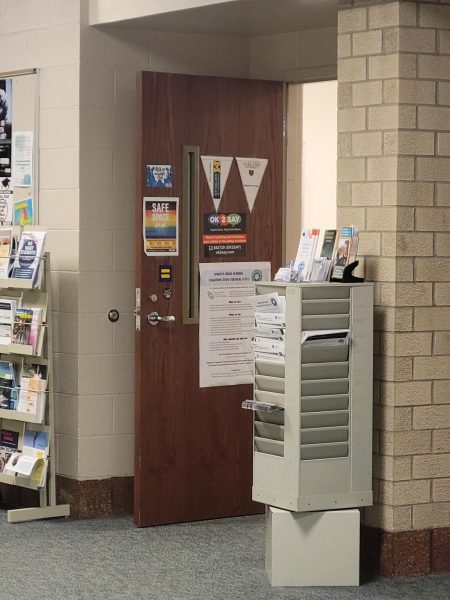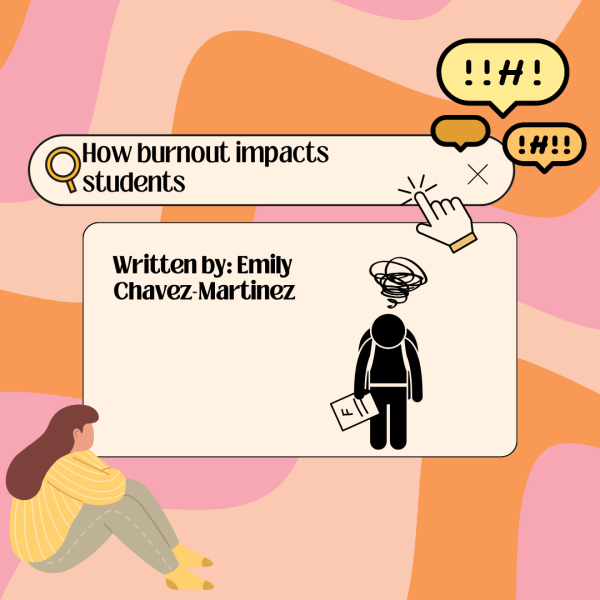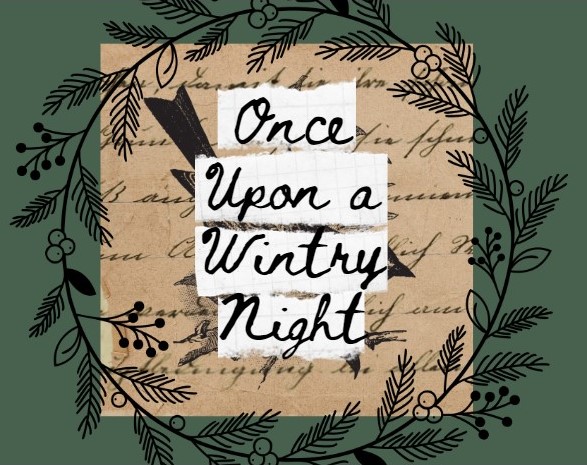Culture Curiosity: Balkans Edition Pt.1
Every culture and tribe has their own traditions. Even if it’s considered weird or unique in the eyes of others, they all respect and value the views their culture has. Everyone has heard of the Balkans, whether your ancestors derive from one of the countries or not, it’s a partially well-known cluster in Europe. And for those who don’t know or haven’t heard, the “Balkans, also called Balkan Peninsula, is the easternmost of Europe’s three great southern peninsulas. There is no universal agreement on the region’s components. The Balkans are usually characterized as comprising Albania, Bosnia and Herzegovina, Bulgaria, Croatia, Montenegro, North Macedonia, Romania, Serbia, and Slovenia- with all or part of each of those countries located within the peninsula,” (https://www.britannica.com/place/Balkans).
Culture Curiosity will be focusing on specific ethnic groups, bringing light to many beautiful and shocking traditions that each country within the group has. In this edition, the Balkans are the main focus, mainly because of their older styled traditions and customs. Though I do not know much about majority of these cultures, these are some things that stuck out to me that I found interesting in each.
Albania
Location: Southeastern Europe, across from Italy.
Government: Emerging Democracy.
Official Language: Albanian (two dialects Tosk and Gheg), Greek, Romani, and Slavic dialects.
Albania has a very unique and unrecognized culture. Its traditions are similar to its people, having lots relating to honesty and loyalty. One specific piece of the culture is Besa. Besa is translated to mean “pledge of honor” or “keep the promise”. When Besa is given, it is extremely important, it can’t and shouldn’t be broken. In simpler terms, it is a sacred promise that many go above and beyond not to break. Even on one’s deathbed, the promise, no matter what it is, isn’t broken. Other thing to know is that Albanians are very spiritual and religiously aware and are very serious when it comes to respecting one another. When greeting someone, a handshake or a kiss on each cheek is common, two if they are close but haven’t seen each other for a while. One common misconception that confuses lots of people is the shaking and nodding of a head. Albanians do the complete opposite, nodding means “no” whilst shaking means “yes”. And finally, Albanians are also known for their hospitality, making sure their guests are well-treated, bringing out snacks and Turkish coffee even for a small stay when one visits.
Bosnia and Herzegovina
Location: Southeastern Europe, South of Croatia and North of Montenegro.
Government: Emerging Federal Democratic Republic.
Official Language: Bosnian, Croatian, Serbian.
Bosnia and Herzegovina, similar to Albania, has a very unique and beautiful culture. It’s traditions and culture revolve around basic etiquette and respect. Bosnians are very cheerful and outgoing and are also known for their hospitality. One belief within the culture is that when wind passes through a room, it will cause people to get sick, so it is said not to leave two windows open in a room. Whether it’s a superstition or not, this cultural belief is also common in Serbia. Another thing to know is that Bosnians have major respect for their elders. People act with more formality and respect when around their elders and are addressed using formal language and pronouns. You are also expected to offer your seat to an elderly person or mother with a child if they don’t have one. When visiting one another, it’s normal for family members and friends to visits each other without notice, and when invited to someone’s home for the first time, you are expected to bring a small gift. Yet, when giving someone flowers, it is advised that you count an odd number of flowers, even numbers are usually given at funerals. And lastly, applying to Bosnian hospitality, hosts may choose to provide ‘meze’ or small savory foods when one visits.
Bulgaria
Location: Southeast Europe, South of Romania, East of Serbia, Kosovo, and North Macedonia.
Government: Parliamentary Democracy.
Official Language: Bulgarian, Turkish, Roma.
Bulgaria has a distinctive and very interesting culture when compared to others. Their traditions and lifestyle stick out, being a mix of both Albania and Bosnia. Bulgarians are friendly and helpful people who are also extremely hospitable, despite their more serious demeanor compared to other countries. A common cultural belief is to knock on wood, so the devil won’t hear you. The belief is mostly common amongst older people, and younger ones do it out of habit. Another interesting custom is the sacred barefoot dance on fire or ‘Nestinari‘, that is also performed by Greek villages. On the night of Saint Constantine and Saint Helen, people gather on the village square to dance, barefoot, on burning embers, though it is said to be an older tradition. Similarly to Albania and Bosnia, it is customary to bring flowers or sweets when visiting one another’s’ homes. When giving gifts, one must avoid giving expensive gifts, even number of gifts, and certain flowers are considered bad luck. Bulgarians offer their guests food and drinks, and it is very impolite to not accept their hospitality.
Croatia
Location: Southeast Europe, South of Slovenia, North of Bosnia and Herzegovina.
Government: Presidential/parliamentary democracy.
Official Language: Croatian and Serbian.
Croatia is an exceptionally diversified and beautiful country. The condition of the country influences both its culture and traditions. Croatians are very loyal, warm and friendly people who, like other Balkan countries, show extreme hospitality. In Croatia, they celebrate the Feast of St Blaise in Dubrovnik, an annual celebration that is held on February 3 where citizens dress in full traditional costumes for a banner-waving procession. An addition to the procession, priests carry the saint’s relic while onlookers eat macaroni and Kroštule doughnuts. One thing thats common in Croatia is that many socialize over coffee and casually greet one another while passing by as a sign of respect. Another interesting thing is that, despite language barriers, Croatians will always make an effort to overcome them and show their warmth through their actions.
Your donation will support the student journalists of Dakota High School. Your contribution will allow us to purchase equipment and cover our annual website hosting costs.

Alexa Profka is a Junior at Dakota. This is her third year as a part of The Dakota Planet. Alexa is very passionate about reading and writing, and...








